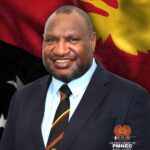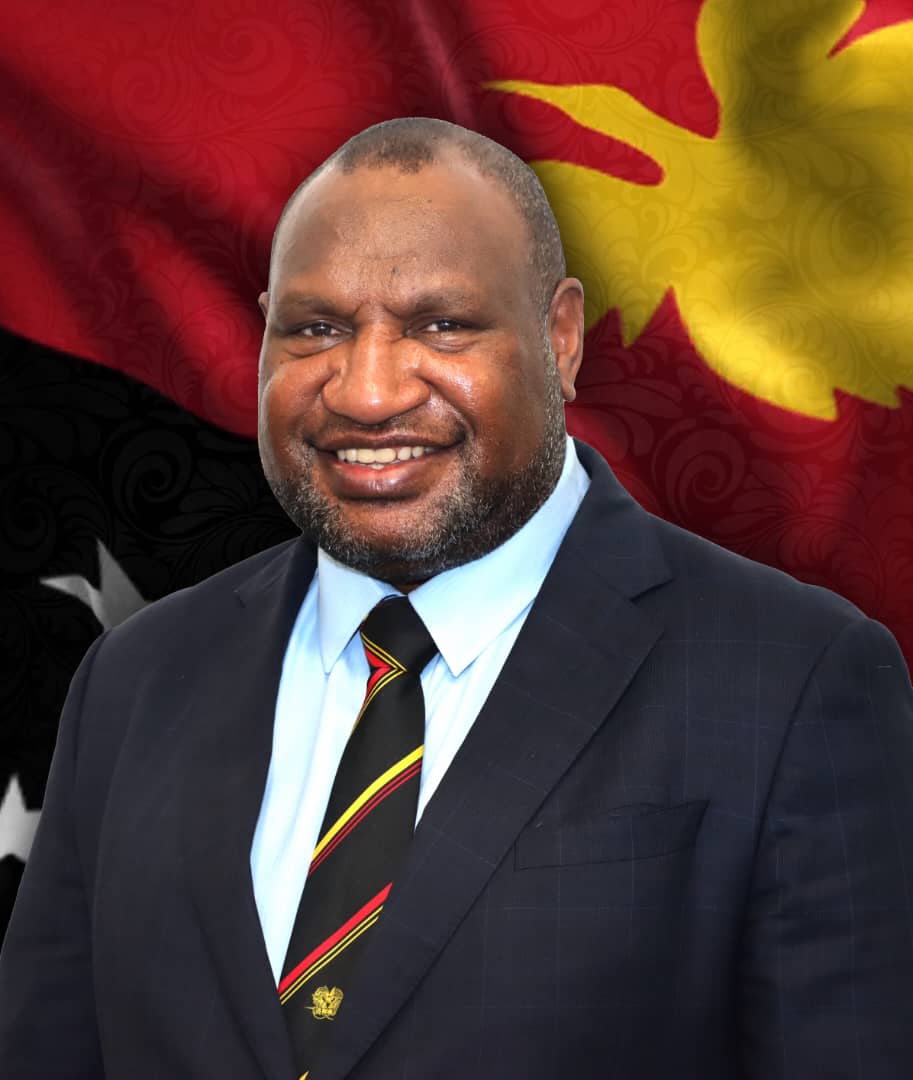Prime Minister Hon. James Marape has directed the Internal Revenue Commission (IRC) to conduct a comprehensive review of all mining companies operating in Papua New Guinea to ensure they are paying their fair share of taxes amid record global commodity prices.
This follows the announcement by New Porgera Limited that it has paid over K500 million in corporate tax for the first two quarters of 2025 — a milestone Prime Minister Marape described as commendable and exemplary.
“If Porgera, operating in a very remote and challenging environment, can pay over K500 million in tax within just six months, it raises a legitimate question — are all our other mining companies paying their fair share?” Prime Minister Marape said.
“In this day and age where gold, copper, nickel, iron, and silver prices are at their highest, Papua New Guinea expects proportional returns from the resource companies operating here.”
The Prime Minister has tasked the IRC to immediately review the taxation compliance of all mining operations, comparing production levels, operational costs, and taxes paid, and to provide a detailed report to the National Government.
“I am asking the IRC Commissioner to check the books and give me a report on all mining companies — who is paying what, and whether those payments reflect current high commodity prices,” he said.
“Those companies that are paying their fair share, I say thank you. But we must ensure that everyone contributes equitably to our nation’s revenue base.” Prime Minister Marape emphasised that ensuring tax compliance across the sector is crucial to PNG’s broader economic reform goals.
“I have made it no secret that once our economy reaches the K200 billion threshold, my Government will review and consider cutting taxes for our people and businesses,” he said.
“But to get there, everyone — especially large corporations — must carry their fair share of the national burden.”
He noted that while some existing resource development agreements date back to the late 1990s and early 2000s, it was important that these arrangements evolve with global market realities.
“Many of these agreements were signed decades ago under very different economic conditions. With today’s high resource prices, tax contributions must reflect that reality,” he said.
“We respect existing agreements, but fairness and transparency demand that both the State and the companies work together to ensure Papua New Guinea receives equitable benefit from its resources.”
Prime Minister Marape reaffirmed his government’s commitment to strengthening fiscal oversight, increasing domestic revenue collection, and ensuring the mining and petroleum sectors contribute effectively to national development.






